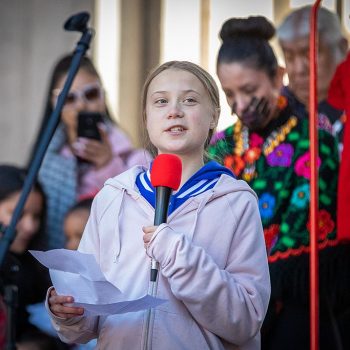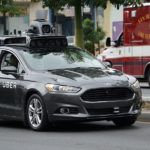From Greta Thunberg’s student-led climate strikes to the youth-driven protests in Hong Kong and Chile, the next generation is increasingly demanding a voice on pressing issues. Youth movements are reenergizing paralyzed debates among adults with fresh perspectives, inconvenient questions, and the rhetorical power of having to live with the long-term fallout of our short-term thinking.
With another monumental societal transformation on the horizon — the rise of artificial intelligence — we have an opportunity to engage the power and imagination of youth to shape the world they will inherit. Many of us were caught off guard by the unintended consequences of the first wave of digital technologies, from mass surveillance to election hacking. But the disruptive power of the internet to date only sets the stage for the even more radical changes AI will produce in the coming decades.
Instead of waiting for the youth to respond to the next crisis, we should proactively engage them as partners in shaping our AI-entangled future. Young people have a right to participate as we make critical choices that will determine what kind of technological world we leave for them and future generations. They also have unique perspectives to contribute as the first generation to grow up surrounded by AI shaping their education, health, social lives, leisure, and career prospects…
Read the full article at Wired.
This article was produced by Footnote in consultation with the Berkman Klein Center for Internet & Society at Harvard University.





